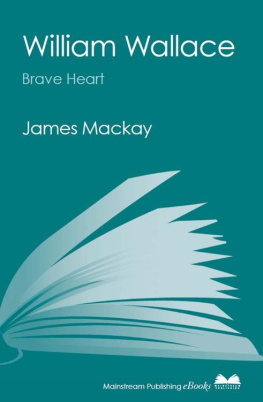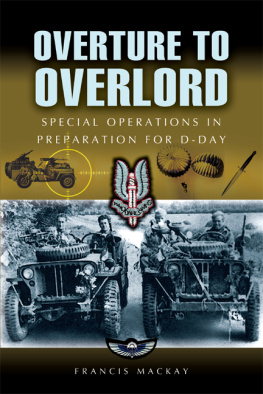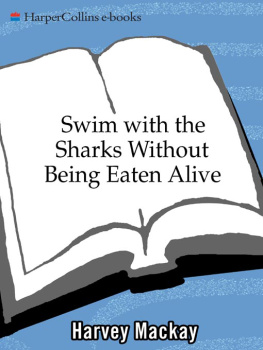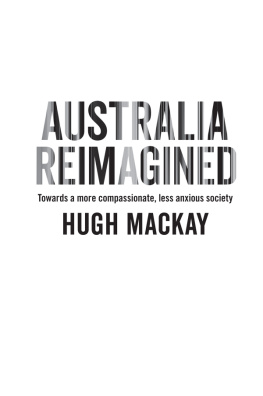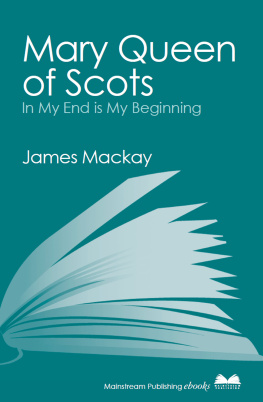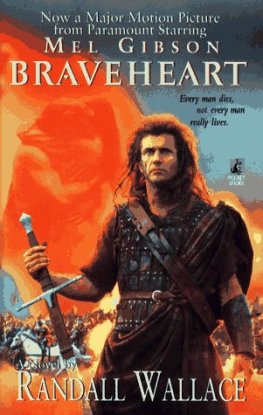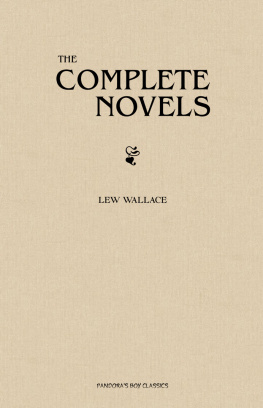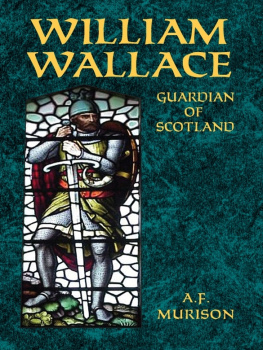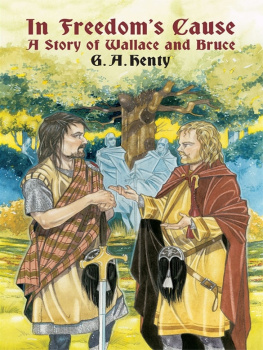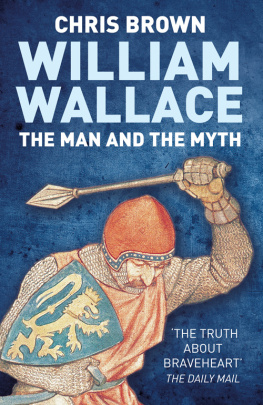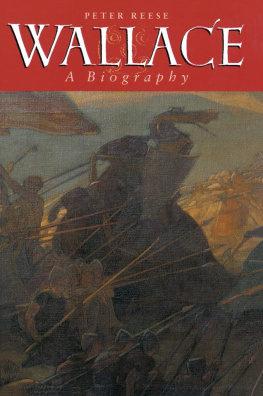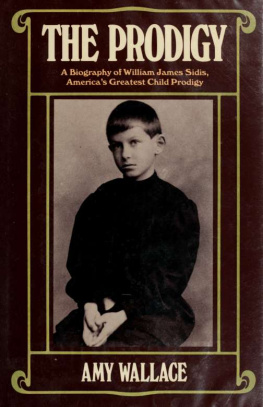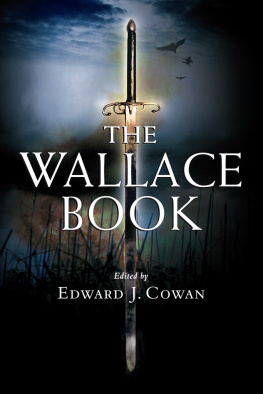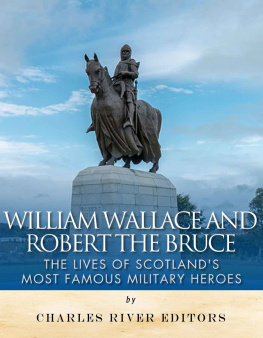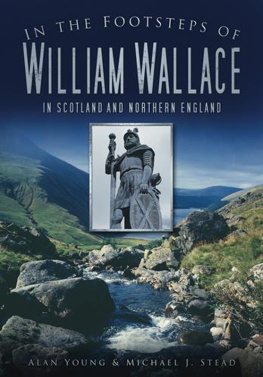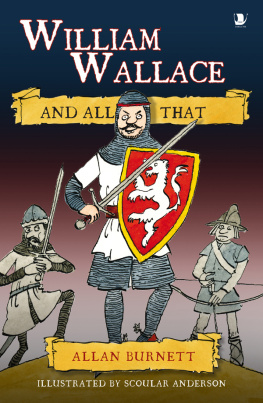Other titles by the same author:
Burns: A Biography of Robert Burns
Vagabond of Verse: A Biography of Robert Service
WILLIAM WALLACE
Brave Heart
James Mackay
This eBook is copyright material and must not be copied, reproduced, transferred, distributed, leased, licenced or publicly performed or used in any way except as specifically permitted in writing by the publishers, as allowed under the terms and conditions under which it was purchased or as strictly permitted by applicable copyright law. Any unauthorised distribution or use of this text may be a direct infringement of the authors and publishers rights and those responsible may be liable in law accordingly.
Epub ISBN: 9781780574288
Version 1.0
www.mainstreampublishing.com
Copyright James Mackay, 1995
All rights reserved
The moral right of the author has been asserted
First published in Great Britain in 1995 by
MAINSTREAM PUBLISHING COMPANY
(EDINBURGH) LTD
7 Albany Street
Edinburgh EH1 3UG
Reprinted 1996, 1997, 1998, 1999, 2000, 2002, 2004, 2006, 2007, 2009
ISBN 9781851588237
No part of this book may be reproduced or transmitted in any form or by any means without written permission from the publisher, except by a reviewer who wishes to quote brief passages in connection with a review written for insertion in a magazine, newspaper or broadcast
A catalogue record for this book is available from the British Library
For Willy and Muriel
CONTENTS
INTRODUCTION
N O national hero has ever excited greater admiration than William Wallace. No hero has remained such a shadowy figure, his life and actions beset by myths and contradictions. When Scotlands fortunes were at their lowest, when the Scots were oppressed and their nation virtually obliterated, Wallace emerged from obscurity like some bright meteor in the night sky. He gained a spectacular victory over the English in one pitched battle and sustained a crushing defeat in a second. He disappeared from recorded history just as swiftly as he had come, emerging only briefly seven years later when he was betrayed to the English, brought to London, subjected to a mockery of a trial and then done to death in a most hideous and barbaric manner.
If we confine ourselves to the facts recorded in contemporary and near-contemporary chronicles, Wallaces appearance, disappearance and ultimate fate are about equally mysterious. What is even more extraordinary, in such a view of his career, is the fact that this man became, and has remained in popular belief, the undoubted, undisputed hero of the Scottish Wars of Independence, so that the highest ideal of Scottish patriotism has ever since been associated with his name.
The enigma of Wallace, the landless younger son of a minor nobleman, who, without power, privilege or patronage, rose meteorically to become the political leader of his country and its most skilful general when scarcely out of his teens, has excited the imagination for centuries, from the epic poem of Blind Harry to the celluloid exploits of Mel Gibson. The admiration and gratitude of the generations which immediately followed, intensified by national sentiment, led his countrymen to exaggerate many of Wallaces deeds and to imbue him with personal qualities belonging rather to the realms of romance than of reality. At the same time, however, his character was vilified by English propagandists (not only the monkish chroniclers of his own time but many historians nearer the present day). On one side he was a patriot, a hero and a martyr; on the other a brigand, a traitor and a bloodthirsty outlaw.
In an era when the natural leaders the earls, barons and great magnates and prelates of Scotland betrayed their country for their own selfish ends, William Wallace shines forth as the one man who never swerved for an instant in his devotion to Scotland and its liberty. Almost miraculously he was to lead the common people in a struggle against the finest army in Europe, and defeat it. Such a hero must be endowed with personal prowess, physical and moral courage, a lofty devotion to duty and spiritual qualities far exceeding those which fall to ordinary mortals. His exploits during life assumed the character of the prodigious; his death and dismemberment came to be regarded as the sacrifice required to redeem his country and secure its salvation; and his spirit continued to haunt every spot that could, however remotely, be associated with his memory.
Such uncritical adulation inevitably led to reappraisal. Exaggeration of his valorous deeds laid them wide open to sober criticism. Sceptics pared away the layers of myth until it seemed as if the lineaments of the popular hero would disappear altogether. Even nowadays there is a school of thought which rejects everything of popular tradition that cannot be corroborated by contemporary records. Nevertheless, historical research over the past century and a half has gone far to confirm many things connected with Wallaces life which for a long time were treated as imaginary; and the real features of the man are found, although not perhaps corresponding exactly with the popular image, to be of an even nobler type.
The aspect of the traditional portrait of Wallace with which critics and detractors had the least forbearance concerned his physical attributes his unusual stature, his extraordinary strength and stamina, his powers of endurance, his dauntless courage, his martial accomplishments and feats of prowess. But when we consider the circumstances in which he was placed, and the times in which he lived, we can see that these attributes were really essential to a leader of men, who had nothing but these very attributes to commend him. War, as conducted in the late thirteenth century, was not a matter of science or technology, but mostly of brute strength, individual courage and dexterity in the use of the dirk and broadsword, the spear and the battle-axe. Significantly the longbow, one of the first weapons which enabled men to kill each other at a distance, was only just coming into use; hitherto regarded with loathing and even outlawed by the international conventions of warfare, it was to revolutionise strategy just as the introduction of gunpowder and firearms would a century later. But in Wallaces time battles were fought and wars were won by relatively small bodies of men engaged in bloody hand-to-hand, close-quarter combat.
The struggle begun by William Wallace was eventually completed by Robert Bruce. The latter possessed immense advantages of wealth, land, feudal power, royal connections and international influence. Yet he would have failed to achieve his goals had he not been, quite simply, a strong man, capable of facing any personal danger, an accomplished warrior on foot and horseback, skilled in the use of the weapons of the period. How much more so must it have been with Wallace who, lacking every one of Bruces material and hereditary advantages, emerged in 1297 as the leader of a well-disciplined force capable of taking on and defeating the most formidable military array in all Europe, commanded by a seasoned veteran of many campaigns in Wales and the Continent.
In trying to explain the enigma that was William Wallace I have carefully re-examined the poetic chronicle of Wyntoun and the saga compiled by Blind Harry the Minstrel. Unless we are to believe that these authors, without any motive, asserted deliberate falsehoods, capable at the time of instant refutation, there did exist in their day numerous gestis and deedis, the popular accounts, both oral and written, concerning Wallaces exploits. It seems that Harry also had access to a Latin manuscript compiled by Wallaces chaplain, Master John Blair, and those portions of his poem possessing a wealth of circumstantial detail appear to have been derived from this long-lost source.
Next page
